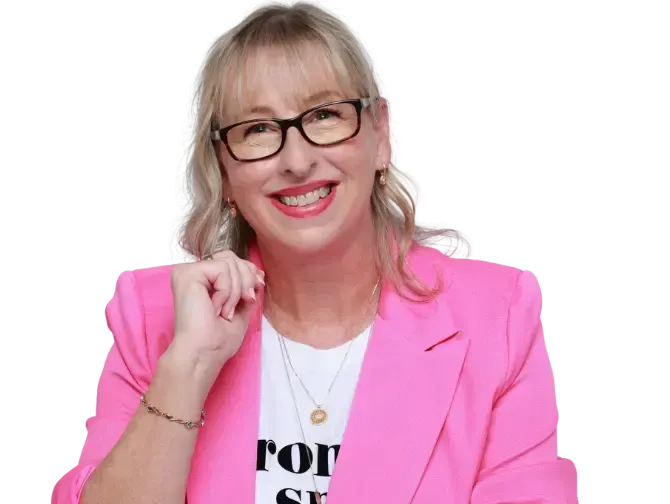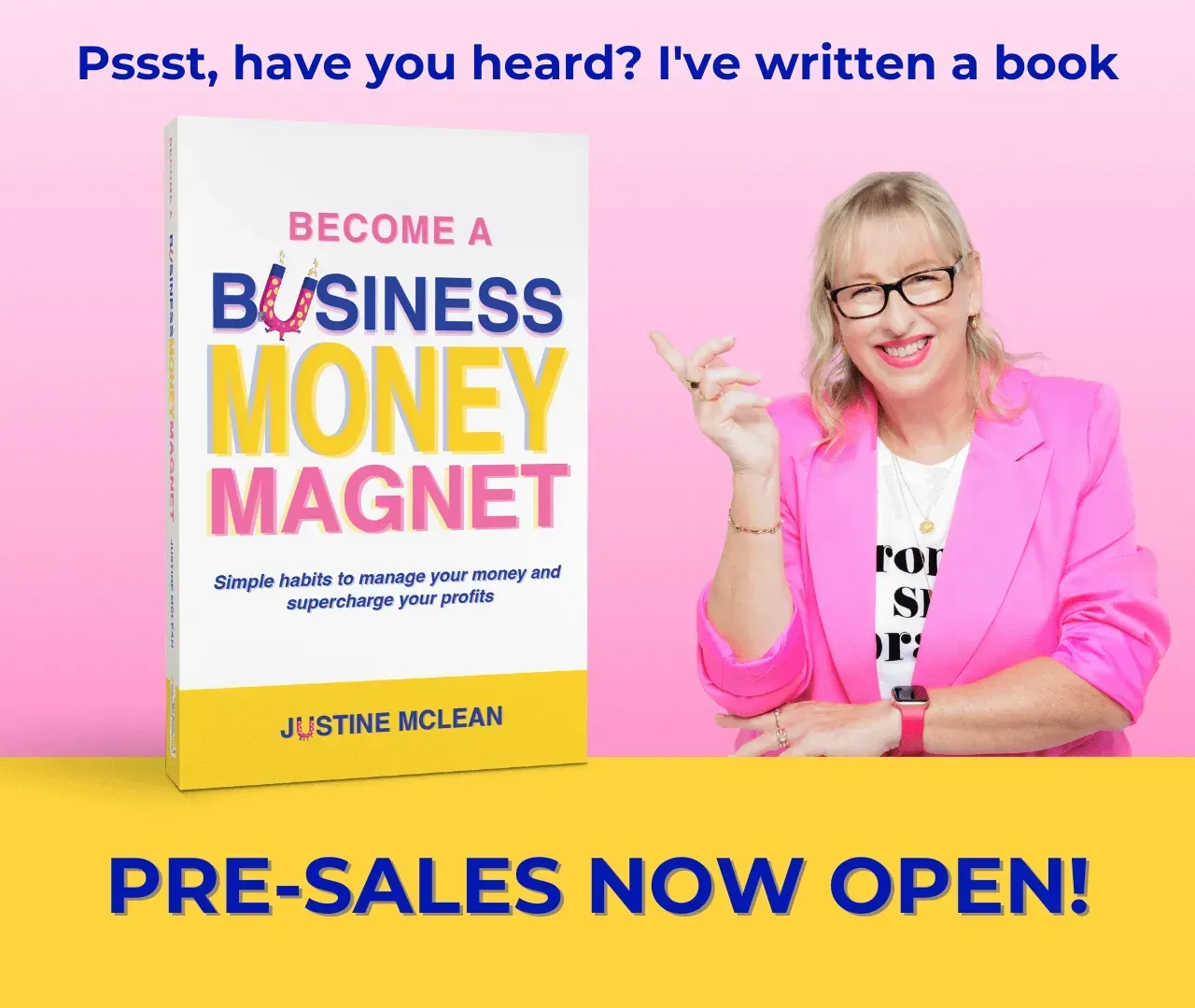How much will it cost to start my business?
That's the million dollar question and one that so many aspiring business owners find the most daunting. However, if you are determined to start your own business, having a realistic cost projection beforehand can help you find the finance you need to get started. Let's take a look at everything you might need to consider when starting out.
When you sit down to prepare your business plan, it's a good idea to brain storm all of your expected start-up business costs. Doing this in the planning phase can help you to get clear on what you actually need to get started in business, and weed out some of those “nice to have” but non-essential items. Of course your start-up costs will vary depending on your type of business and the structure you choose to set up.
We've created the list below as a starting point. You can edit this list to create a spreadsheet showing all of your start-up or expected start-up costs; include a dollar amount or estimate for each item. You'll need to research some items to determine their cost. Once you have all of your items listed and dollar estimates in, you'll have a great idea of exactly what you're up for.
Business start-up costs
Here are some things to consider when preparing your start-up costs:
Initial set-up and compliance registration
Business name registration
Domain name registration
Accountant’s fees
Solicitor’s fees
Insurances – profession indemnity; public liability; building insurance; income protection; motor vehicles; equipment; stock (general business insurance); contents.
Licences and permits relevant to your industry
Industry registrations or professional membership fees
Intellectual property costs such as trade marks; design and patent fees
One-off costs (establishment costs such as loan fees)
Staff costs
Recruitment
Workers’ compensation
Food handling certificates
Training
OH&S costs such as first aid kits, alarms and extinguishers
Uniforms and safety clothing
Tools of the trade
Serving of alcohol certificate
Wages – estimates for weekly, fortnightly or monthly wages
Associated staffing costs such as compulsory superannuation (SGC); PAYG; and payroll tax
Bricks and Mortar business costs
Rental lease costs – including rent in advance and bonds
Store design, fit-out and installation
Utility connections and bonds – electricity, gas, water
Phone connection
Internet connection
Stock or the raw materials needed to conduct your business
Equipment – computers, point of sale, software, lighting, heating, furniture, printers, modems and any other tech you require.
Stationery and office supplies
Staff amenities – kitchen equipment, furniture
Motor vehicles if required and related registration and insurances
Online business costs
Website design and set-up
Computers, software, and any other tech required.
Inventory system if applicable
Stock or the raw materials needed to conduct your business
Warehousing and related costs such as rent, bond etc
Office equipment and furniture
Stationery and office supplies
Staff amenities
Fuel, tolls
Marketing and advertising costs
Market research, including initial research about your market, customers and competitors.
Advertising materials
Printing
Logo development
Letterhead, brochures and business cards
Signage
Graphic design
You also need to consider
Business purchase price if you are buying a business rather than creating a start-up
Franchise fees if applicable
Start-up capital to enable your business to run for the first three to six months
Once you've included all of the items relevant to your business on your list, fill in actual or estimated figures against each item. Ensure that you include the total cost, inclusive of GST against each item. If you have decided to estimate some costs, it's time to start getting quotes and actual costs. Update your list as you go so you're able to get an accurate total of your business set-up costs.
This is also a good time to consider which of your set-up purchases are essential and which are optional. For example, rent will be an essential cost if you choose to have a ‘bricks and mortar' business but the crystal chandelier as part of the fit-out may not really be necessary.
Forecast your future
Along with determining your initial start-up outlay, it also makes good business sense to prepare a cash forecast for at least your first month to six weeks, but ideally your first three to six months. To do this you need to determine the following:
Estimate your monthly income – this is your expected revenue;
Determine your monthly outgoings – this includes wages and staff costs, rent, utility costs, stock purchases etc – these are your ongoing expenses. Don’t confuse one time costs such as equipment and licensing fees here;
When you think about your monthly expenses keep in mind the fixed vs variable costs – rent is a fixed cost but stock and wages costs will be variable depending on trade;
Finalise your cash flow projection – that’s the total revenue less the total costs; this should equal your bank balance;
Now work out your break even point. That’s the magic dollar amount required to pay all of your monthly obligations. In doing this you should consider your compliance costs or the total GST and PAYG you need to pay the government as well;
Once you know your break even point, you can determine how much money you need to have put away for when the inevitable “bad trade period” occurs.
Determining your start-up costs, preparing a cash flow forecast and working out your break even point will take time and patience. If you find this part of the business difficult or daunting call in the experts. Your accountant or a good bookkeeper should be able to assist.
Once you know your numbers you will have a clear idea if you need finance to pursue your business dreams. Financing methods could include personal savings, loans from family or banks, or government grants. Of course self-fund or boot strap if you can; it's always preferable than going into debt.
If you need some extra help, the ABR has developed this start-up costing template.
This episode is brought to you by
Flossi Creative and Business Money Magnet -
Simple habits to manage your money and supercharge your profits.
Meet The Author
Justine McLean
Business Money Mentor
Justine is the business chick who cares about your profits! With 30 years business experience in retail, ecommerce, service-based business, publishing and insolvency, Justine knows what it takes to start, scale and sell a profitable business. Justine is a registered BAS agent, host of Secrets of Successful Business Podcast and a proud Ambassador for Ladies Finance Club.


